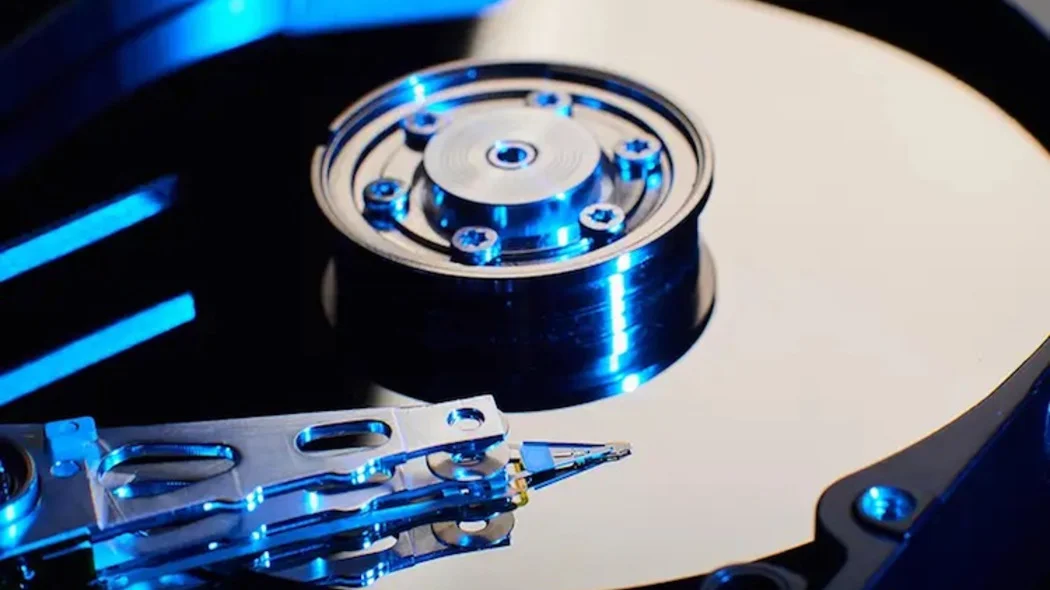
Toshiba Electronic Europe has unveiled a plan to release hard drives under its own brand. Thanks to its technological developments, the company intends to significantly increase the memory capacity of future HDDs.

By the end of 2024, Toshiba expects to release a 35 TB Nearline class drive, and in 2026, HDDs will acquire at least 40 terabytes of memory. The company expects to reach this bar by increasing the number of magnetic layers and using proprietary microwave magnetic recording technologies FC-MAMR and MAS-MAMR.
According to the company's top manager Larry Martinez-Palomo, the relevance of high-capacity HDDs is now more than ever high in light of the ever-increasing volumes of data in the current information space. At the same time, part of the data has to be stored in cloud storage. With future drives, Toshiba will be able to provide cloud service providers with reliable solutions with high performance, impressive write and read speeds, and improved reliability.
Toshiba's HDDs with the above magnetic recording technologies will provide increased recording density and high signal-to-noise ratio (SNR). This will allow the company to systematically increase the amount of memory in drives while reducing the total cost of owning equipment.

By the end of 2024, Toshiba expects to release a 35 TB Nearline class drive, and in 2026, HDDs will acquire at least 40 terabytes of memory. The company expects to reach this bar by increasing the number of magnetic layers and using proprietary microwave magnetic recording technologies FC-MAMR and MAS-MAMR.
According to the company's top manager Larry Martinez-Palomo, the relevance of high-capacity HDDs is now more than ever high in light of the ever-increasing volumes of data in the current information space. At the same time, part of the data has to be stored in cloud storage. With future drives, Toshiba will be able to provide cloud service providers with reliable solutions with high performance, impressive write and read speeds, and improved reliability.
Toshiba's HDDs with the above magnetic recording technologies will provide increased recording density and high signal-to-noise ratio (SNR). This will allow the company to systematically increase the amount of memory in drives while reducing the total cost of owning equipment.
Login or register to post comments
Comments 0